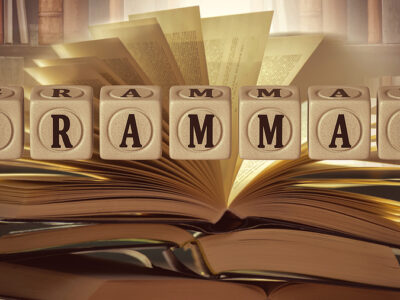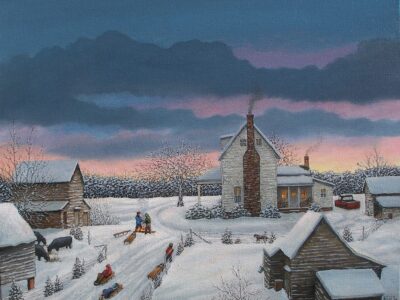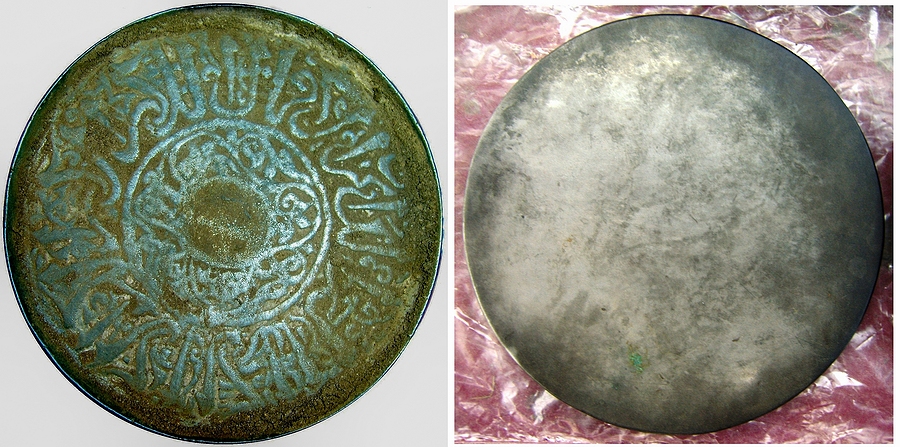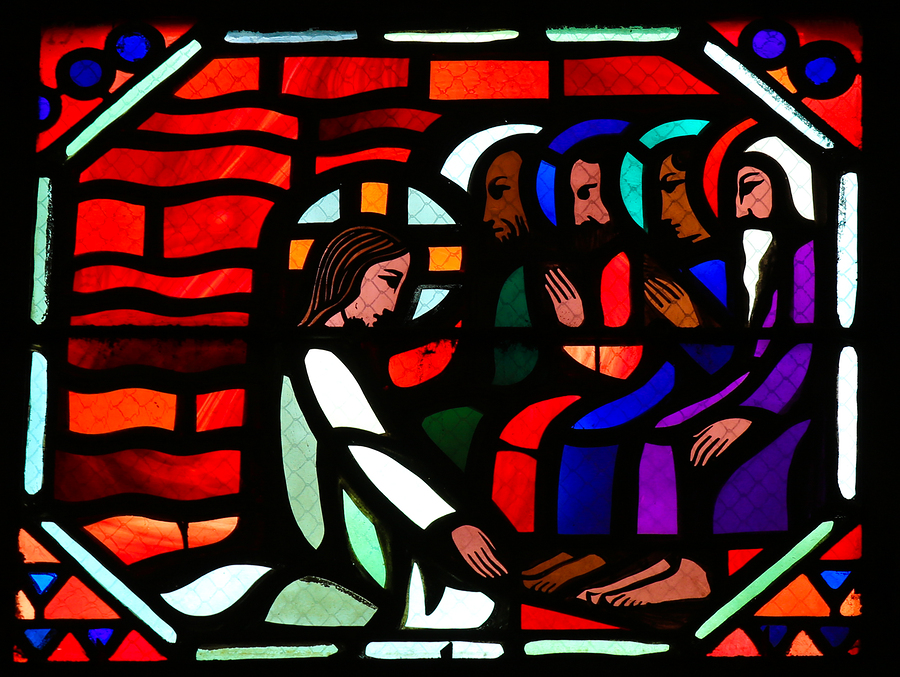Dear Tamela:
Thank you for sending this brilliant, life-changing manuscript! I laughed. I cried. I sent a copy to my mother.
But alas, on page 214, we found one misuse of plural possessive. Instead of parents’, the author wrote parent’s. So we decline to publish this novel.
Sincerely,
Laughing and Crying Editor
Wrote No One Ever!
I open with this fictitious letter to emphasize that minor errors are not dealbreakers. Please don’t become paralyzed with fear that keeps you from submitting your work.
Also, be aware I am not setting out to embarrass anyone. These errors occur early and often. If they didn’t, I wouldn’t be writing this post. Besides, I’m sure if you studied the billions of words I’ve emailed over the years, somewhere this sentence probably exists: “Your do two bee their too, at to.” Do be do be do?
Today, I want to share grammar errors I encounter when reviewing submissions.
1. Plural possessive: I often see this error when authors refer to parents.
The character goes to her parents’ house when two parents live in a home. If one parent lives in the house, the character goes to her parent’s house.
If one parent opposes her love match, she sees him over her parent’s objection. If both object, she is seeing him despite her parents’ disapproval.
The apostrophe placed before the s is singular possessive. After the s denotes plural possessive.
2. Dangling modifier: A misplaced word or phrase can cause the sentence not to make sense.
For example, “Tired, the day dragged.” The day cannot be tired. Try: “Tired, I felt the day drag.” Or, “Because I felt tired, the day seemed endless.”
Another example: “Elated to see more pasta, the plate filled quickly.” Since the plate cannot see or fill itself, try, “Elated to see more pasta, Bubba filled his plate with a second helping.”
Other minor mishaps I see:
Loose/lose. “Loose” means not tight or not strict, whereas “lose” means that something is lost. Examples:
Our rules are loose here, just basic guidelines.
Palazzo pants are loose-fitting.
Don’t lose your retirement fund through poor investments!
Why does she always lose her homework assignment notes?
Few/less. “Few” can be counted or measured. “Less” cannot. Examples:
We have few trucks left for rental.
Onions have fewer calories per pound than beef.
I feel less stress now that the test is over.
The funeral director said that people without faith feel less hope upon the death of a loved one than religious people do.
Affect/effect. With few exceptions (See how I did that!), “affect” is a verb, and “effect” is a noun. Examples:
How will the outcome of the election affect me?
We won’t know the effect of the election’s outcome until at least 2025.
Capitalization of seasons. Seasons of the year are not capitalized.
Rather than, “We’ll go to the amusement park this Fall when it’s not so hot,” try, “We’ll go to the amusement park this fall when it’s not so hot.”
Again, none of these errors should stand in the way of a remarkable manuscript’s publication. However, if I have to read a sentence several times to be certain of your meaning, I’m now out of your story or lesson and into the grammar zone. This is not where you want a reader to be.
If grammar puts you to sleep, know this about yourself and be cautious. As a bare minimum, use your Windows or Mac editor on all documents. In addition, consider either having a friend proofread your work or using a program to catch grammar errors, such as Grammarly. Grammarly offers a free version, as well as a paid version with more robust features.
You don’t have to love grammar to be a great writer, just a cautious writer. Enjoy the journey!











